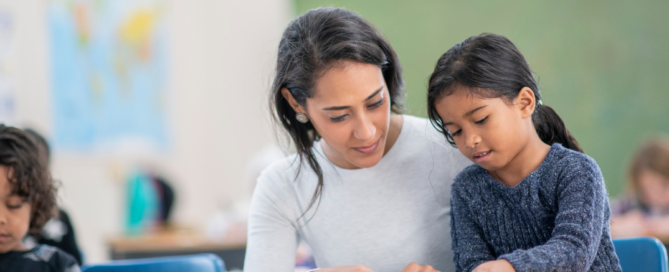Summer Learning Loss
Summer Learning Loss In a study of 18 million first to sixth-graders, researchers looked at test scores over the course of five summers. The study, published in the American Educational Research Journal, showed that kids can lose up to 40% of a school year's learning over summer break–and the effect was cumulative if











